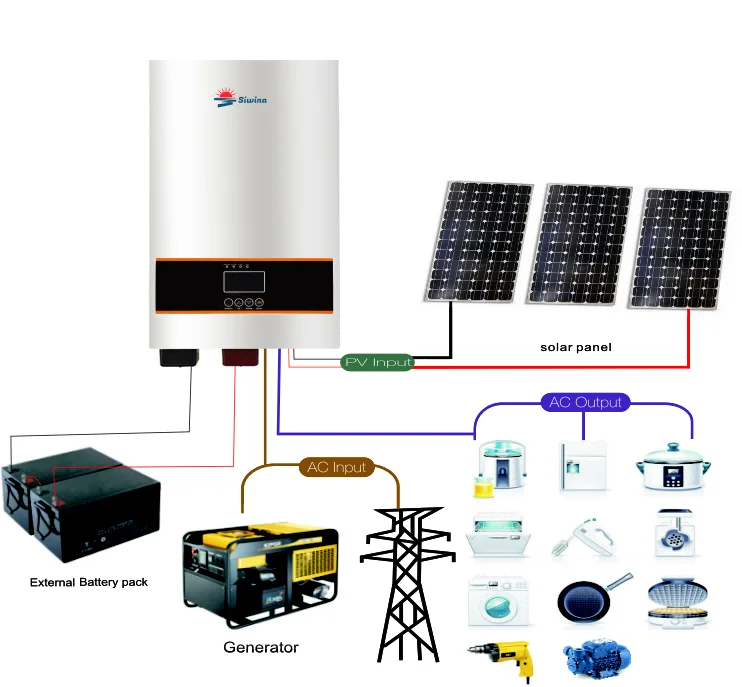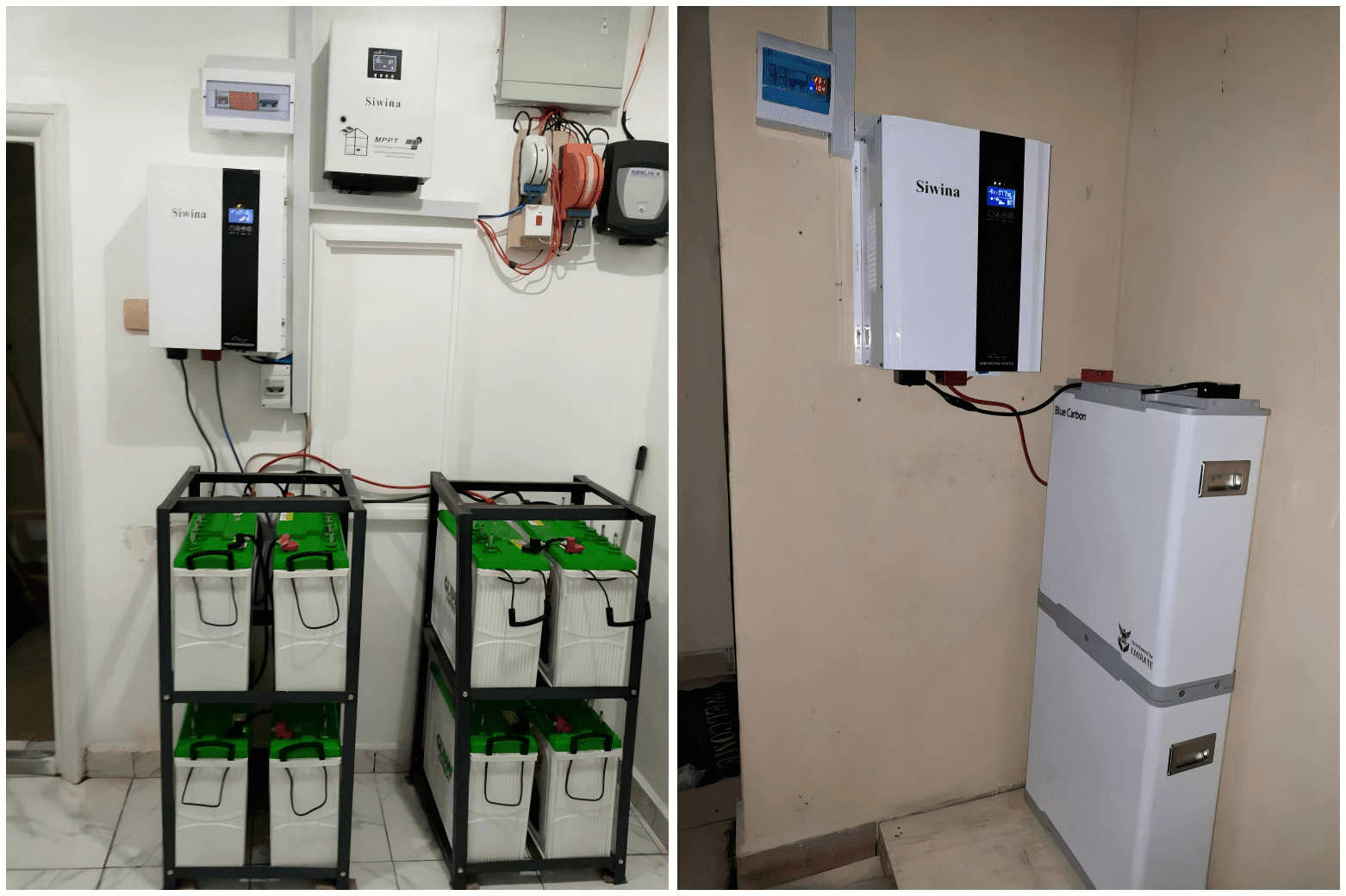How to Select the Best Inverter for Off-Grid Solar Projects in Developing Countries
In regions where grid electricity is unreliable or nonexistent, off-grid solar systems offer a sustainable and cost-effective solution. For importers targeting markets in developing countries, selecting the right inverter is crucial to ensure system efficiency, longevity, and customer satisfaction. This guide provides insights into key factors to consider when choosing an inverter for off-grid solar projects.
1. Understand the Load Requirements
Before selecting an inverter, it’s essential to analyze the types of loads the system will support. Common applications in developing regions include:
Residential appliances: Lighting, fans, televisions, and refrigerators.
Agricultural equipment: Water pumps, irrigation systems, and grain mills.
Commercial uses: Small businesses requiring computers, printers, and other office equipment.
Understanding the load profile helps determine the inverter’s capacity and features needed to handle both continuous and surge power demands.
2. Opt for Pure Sine Wave Output
Pure sine wave inverters produce a smooth and consistent AC output, closely resembling grid power. This is vital for:
Sensitive electronics: Ensuring the safe operation of devices like computers and medical equipment.
Motor-driven appliances: Providing the necessary torque and reducing the risk of overheating in devices like water pumps and refrigerators.
For instance, the Siwina low-frequency FBK Series Off-Grid solar Inverters offer pure sine wave output, making them suitable for various applications in off-grid settings
https://swninverter.com/product/8kw-10kw-12kw-stability-and-reliability-hybrid-inverter/
3. Consider Battery Compatibility and Charging Options
Inverter compatibility with different battery types enhances system flexibility. Key considerations include:
Battery types: Ensure the inverter supports various batteries like lead-acid, gel battery, lithium-ion, or LiFePO4.
Charging modes: Multiple charging options (solar, grid, or generator) provide adaptability in regions with varying energy sources.
The inverters support multiple battery types and offer diverse charging modes, including solar priority and mains priority

4. Evaluate Efficiency and MPPT Technology
High-efficiency inverters maximize energy utilization, crucial in areas where solar resources must be optimized. Features to look for:
MPPT (Maximum Power Point Tracking): Enhances solar charging efficiency, especially under varying weather conditions.
Overall efficiency: Higher efficiency reduces energy losses and improves system performance.
The solar controller boasts advanced MPPT technology with up to 99.9% efficiency, ensuring optimal energy conversion.
5. Assess Durability and Environmental Tolerance
Inverters deployed in developing countries often face challenging environmental conditions. Important factors include:
Temperature range: Ability to operate efficiently in high-temperature environments.
Ingress protection: Resistance to dust and moisture enhances longevity.
Build quality: Robust construction reduces maintenance needs and extends service life.
Designed with industrial-grade components, the inverters offer reliable performance in diverse environmental conditions.
6. Look for Remote Monitoring and Smart Features
Remote monitoring capabilities allow for:
System diagnostics: Quick identification and resolution of issues.
Performance tracking: Monitoring energy production and consumption patterns.
User convenience: Adjusting settings and receiving alerts remotely.
Inverter supports remote monitoring, providing users with real-time insights into their system’s performance.
7. Ensure Compliance with Certifications and Standards
Compliance with international standards ensures product reliability and facilitates import processes. Key certifications include:
CE: Conformity with European health, safety, and environmental protection standards.
FCC: Compliance with U.S. Federal Communications Commission regulations.
IEC: Adherence to International Electrotechnical Commission standards.
Siwina inverters come with CE, FCC, and IEC certifications, ensuring quality and compliance for international markets.
Conclusion
Selecting the right inverter for off-grid solar projects in developing countries involves careful consideration of load requirements, output quality, battery compatibility, efficiency, durability, smart features, and certifications. The FBK Off-Grid Residential Inverters offer a comprehensive solution, combining advanced technology with robust design to meet the unique challenges of off-grid applications
Interested in learning more? Contact us today to discuss how our inverters can support your off-grid solar projects.
Email:info@swnpower.com

